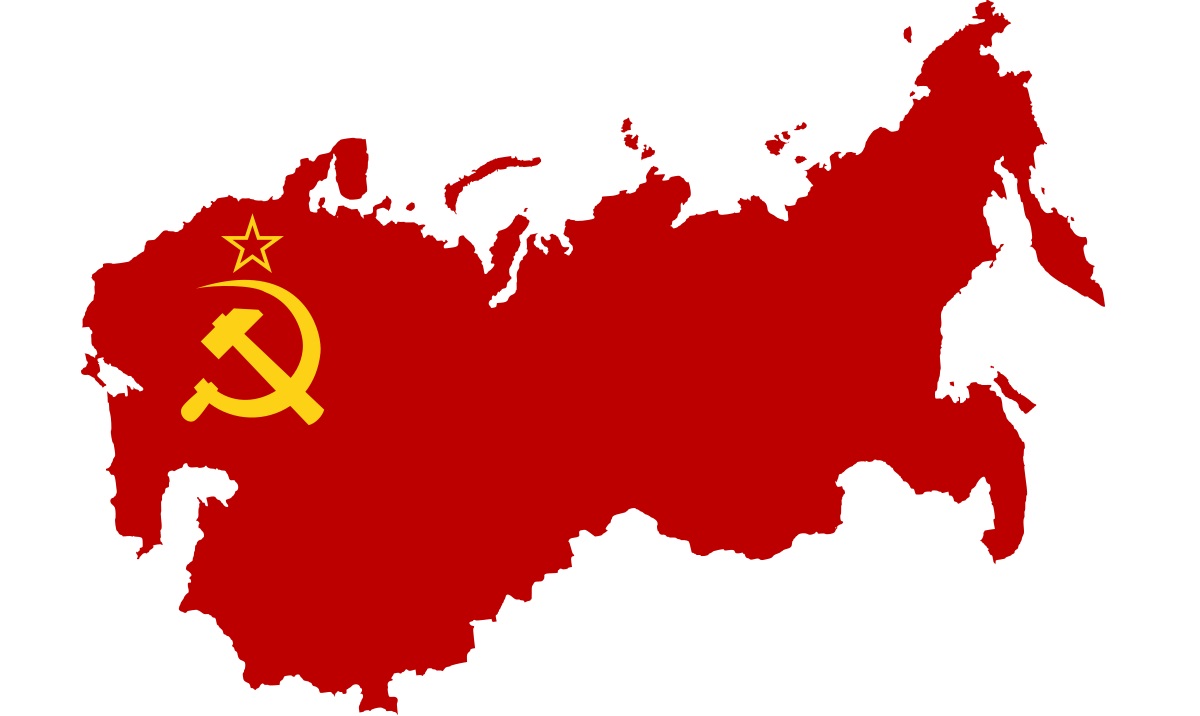
Communism, a social, political, and economic ideology, has had a profound impact on the world throughout the 20th century. Born out of the works of Karl Marx and Friedrich Engels, communism seeks to establish a classless society where wealth and resources are shared among all individuals. While it has been a controversial topic, communism has also given rise to a range of interesting and sometimes surprising facts. In this article, we will delve into 20 fun facts about communism that may surprise and intrigue you. From the origins of the term “communism” to the impact it had on various countries, these facts will shed light on the fascinating history of this influential ideology.
Key Takeaways:
- Communism aimed to create a classless society, promote equality in education and healthcare, and foster worker solidarity. It also sparked debates on social justice and economic systems.
- The fall of the Berlin Wall symbolized the end of communism in Eastern Europe, marking the collapse of the Iron Curtain and the reunification of Germany. Despite criticism, communism’s impact on history continues to be relevant today.
The Origin of Communism
Communism, an ideology that emerged in the mid-19th century, was founded by Karl Marx and Friedrich Engels. They outlined their ideas in “The Communist Manifesto” in 1848, calling for the working class to rise against the bourgeoisie and establish a classless society.
The Hammer and Sickle Symbol
The iconic symbol of communism, the hammer and sickle, represents the union between the industrial workers (hammer) and the agricultural workers (sickle). It symbolizes their combined power in the pursuit of a communist society.
Lenin’s Leadership
Vladimir Lenin, a key figure in the communist movement, led the Bolshevik Party and played a crucial role in the Russian Revolution of He became the first head of the Soviet Union and implemented various communist policies.
Five-Year Plans
Under communism, countries often implemented five-year plans to achieve rapid industrialization and economic development. These plans aimed to mobilize resources, increase production, and improve the living standards of the population.
Collectivization of Agriculture
Communist regimes frequently collectivized agriculture, merging individual farms into large-scale state-owned farms. This centralized approach was intended to increase agricultural productivity and eliminate class distinctions among farmers.
The Propaganda Machine
Communist governments heavily relied on propaganda to shape public opinion and maintain control. State-controlled media and censorship were used to promote the communist ideology and suppress dissenting voices.
The Iron Curtain
Communist countries in Eastern Europe were separated from the rest of the world by the Iron Curtain, a metaphorical barrier symbolizing the ideological divide between the communist and capitalist blocs during the Cold War.
Cult of Personality
Many communist leaders, such as Joseph Stalin and Mao Zedong, fostered a cult of personality to maintain their power. They were idolized and their ideas were propagated through art, literature, and public events.
Universal Healthcare
Communist governments often provided free healthcare for all citizens, with a focus on preventive and primary care. This approach aimed to ensure equal access to medical services and improve overall public health.
Equality in Education
Education was a key focus of communist regimes, aiming to provide equal opportunities for all citizens. Access to education was expanded, and literacy rates increased significantly in many communist countries.
The Fall of the Berlin Wall
A pivotal moment in history was the fall of the Berlin Wall in 1989, symbolizing the collapse of communism in Eastern Europe. It marked the end of the Cold War and the reunification of East and West Germany.
Social Equality
Communism promotes social equality, aiming to eliminate social hierarchies and class divisions. The idea is that everyone should have equal rights, opportunities, and access to resources.
Collective Ownership of Means of Production
Under communism, the means of production, such as factories and land, are owned by the state or the community as a whole. Private ownership is abolished, and economic decisions are made collectively.
Worker Solidarity
Communism emphasizes worker solidarity and the idea that the working class should unite across borders to achieve common goals. International workers’ movements and unions played a significant role in promoting communist ideals.
Command Economy
Communist states often employ a command economy, where the state determines the production and allocation of goods and services. Central planning is used to ensure economic stability and meet the needs of the population.
Decentralized Governance
In theory, communism advocates for a decentralized form of governance, where power is distributed among the people. This idea aims to prevent the concentration of political power and promote grassroots participation.
Women’s Liberation
Communism has often championed women’s liberation and gender equality. It strives to eliminate gender-based discrimination, promote equal opportunities, and challenge traditional gender roles.
Communal Living
Some communist experiments have implemented communal living arrangements, where individuals share resources and live collectively. This concept aims to foster a sense of community and cooperation.
Global Revolution
Communism advocates for a global revolution, where capitalist systems are overthrown worldwide, and a classless, egalitarian society is established. This idea envisions a world free from exploitation and social inequality.
Legacy of Communism
While communism has faced criticism and led to authoritarian regimes, it also sparked debates on social justice, economic systems, and the role of government. Its impact on history and the ongoing relevance of its ideas continue to be subjects of discussion today.
Conclusion
In conclusion, communism is a highly complex and controversial ideology that has shaped the course of history in numerous countries around the world. While it may have achieved some level of equality and social progress, it has also faced severe criticism for its suppression of individual freedoms and economic inefficiencies. Understanding the key principles and historical context of communism is crucial to gaining a comprehensive perspective on its impact and legacy.
FAQs
1. What is communism?
Communism is a socio-economic and political ideology that aims to create a classless society where the means of production are owned and controlled by the community as a whole.
2. Which countries have practiced communism?
Some countries that have practiced communism in the past or present include the Soviet Union, China, Cuba, North Korea, and Vietnam.
3. What is the difference between communism and socialism?
While both communism and socialism aim for a more equal society, socialism allows for private ownership of certain industries, while communism advocates for the complete abolition of private property.
4. Has communism ever succeeded?
The success of communism is highly debated, with some arguing that it has achieved certain social and economic advancements, while others point to its failures, such as widespread poverty and political repression.
5. Why did communism collapse in the Soviet Union?
The collapse of communism in the Soviet Union can be attributed to a combination of economic stagnation, political corruption, and a loss of faith in the ideology among the general population.
6. Did communism lead to equality?
Communism aimed to create a society based on equality, but in practice, it often led to a concentration of power in the hands of a small ruling elite, resulting in inequality among its citizens.
7. How does communism impact individual freedoms?
Communism has been criticized for its restrictions on freedom of speech, press, and assembly, as well as its control over aspects of people’s personal lives.
8. Are there any countries still practicing communism?
While some countries still maintain a communist political structure, such as China, most have adopted a more mixed form of socialism and capitalism.
9. What are the main criticisms of communism?
Main criticisms of communism include its failure to effectively allocate resources, its disregard for individual incentives, and its tendency towards oppressive and authoritarian governance.
10. How has communism influenced global politics?
Communism has had a significant impact on global politics, shaping alliances, conflicts, and ideological debates throughout the 20th century and beyond.
Was this page helpful?
Our commitment to delivering trustworthy and engaging content is at the heart of what we do. Each fact on our site is contributed by real users like you, bringing a wealth of diverse insights and information. To ensure the highest standards of accuracy and reliability, our dedicated editors meticulously review each submission. This process guarantees that the facts we share are not only fascinating but also credible. Trust in our commitment to quality and authenticity as you explore and learn with us.


